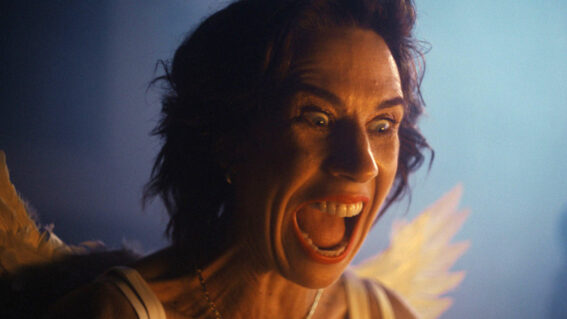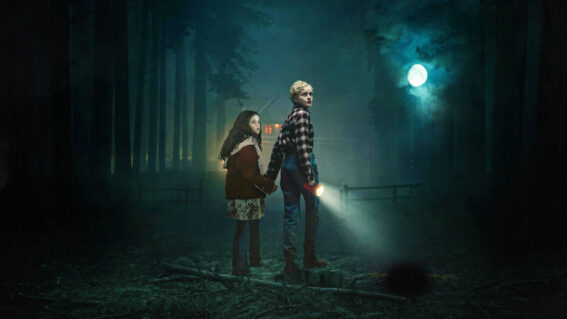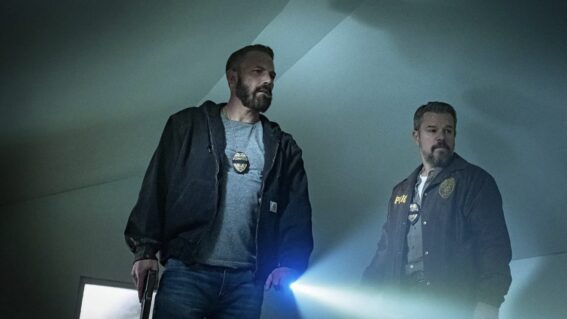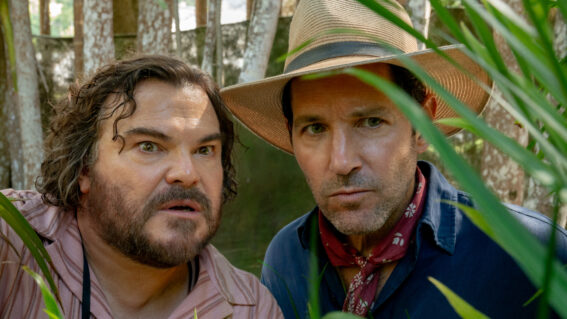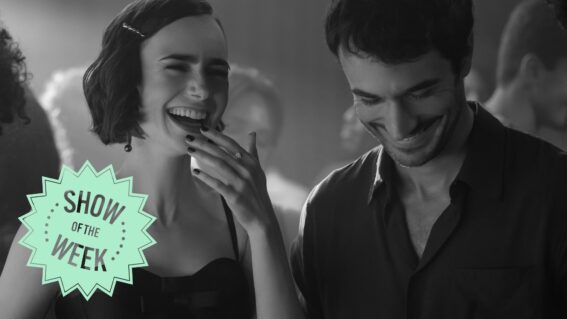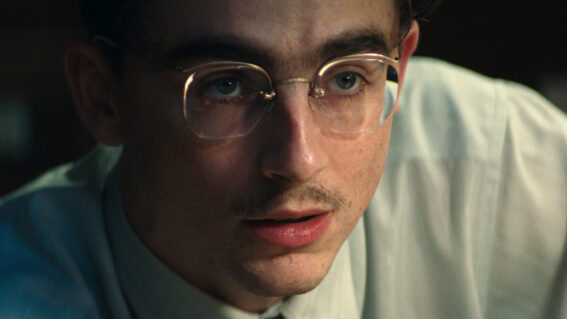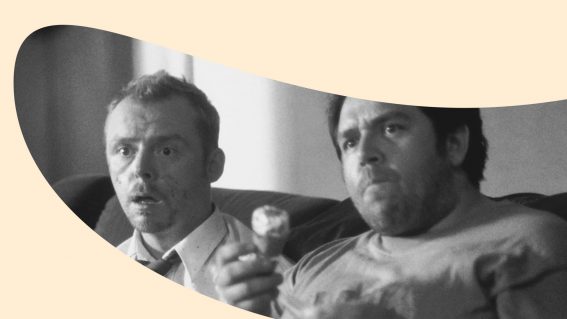Citadel: Diana brings Euro style to Prime Video’s international espionage franchise
Stylish, stripped down, and possessed of a coolly amoral heart, it’s an entirely different flavour of spy thriller.
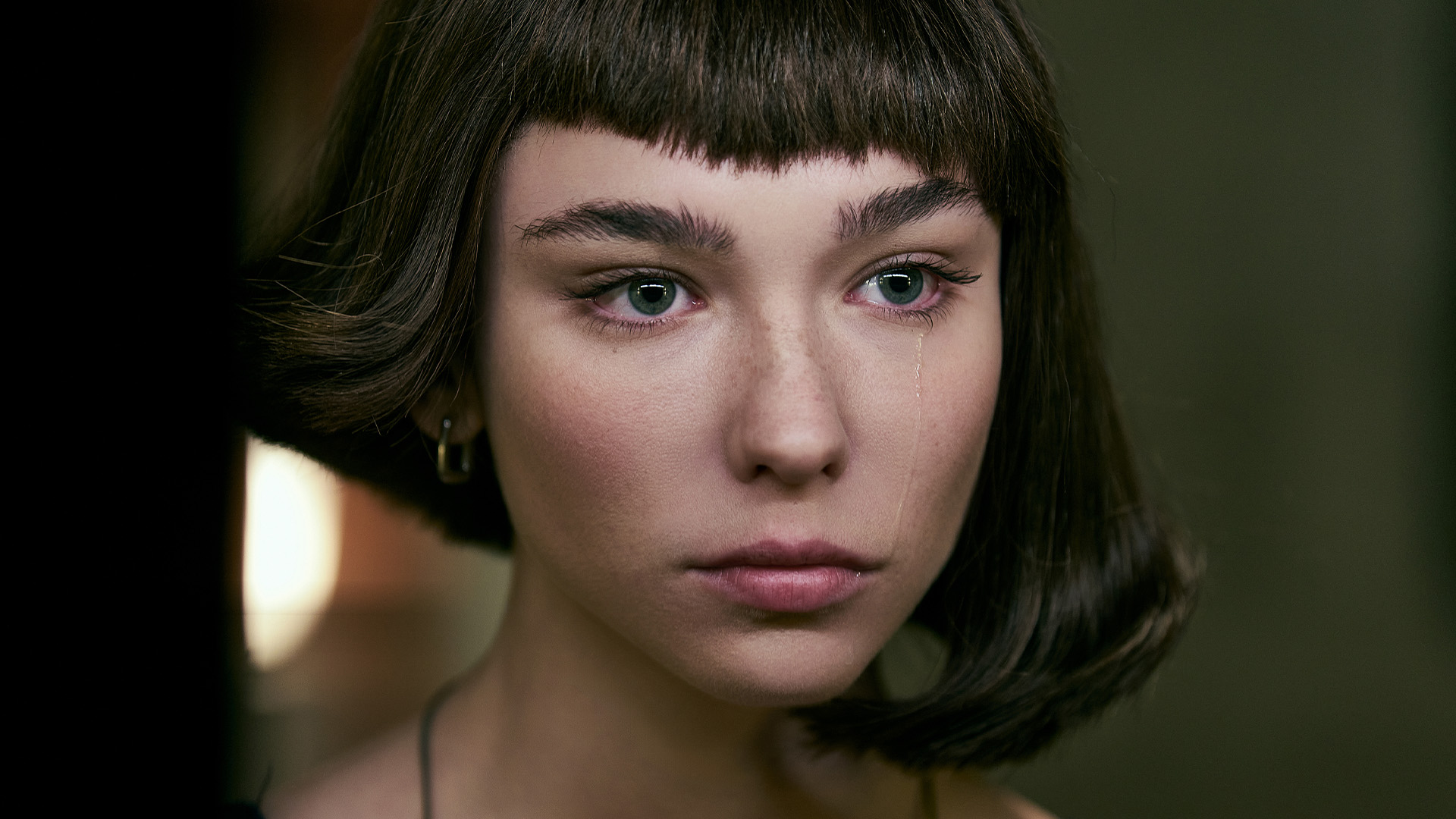

A mega-budget spy-fi action franchise spreads its wings in Citadel: Diana – streaming on Prime Video. Stylish, stripped down, and possessed of a coolly amoral heart, it’s an entirely different flavour of spy thriller, writes Travis Johnson.
Citadel: Diana starts with a bang – literally.
The eponymous spy, sleek and chic in a fashionable midnight blue trench coat and an asymmetrical bob cut, dispatches some unknown off-screen transgressor with a single pistol shot. She then turns the gun on herself and puts a round through her arm, stifling her scream with her scarf before using it to bind the wound.
That’s quite an opening. And it gets to build from the foundation established by its predecessor Citadel, which set up this franchise’s tale of mind-wiped secret agents caught up in a clandestine war between rival intelligence organisations Citadel (the good guys) and Manticore (the bad guys).
The advantage to all that place-setting is that we’re ready for the main course, with season 2 of Citadel on its way and the first of several—appetisers? The metaphor is getting stretched—arriving on October 10 in the form of Citadel: Diana. It’s an international menu, too; Diana is an Italian production, while the next spin-off, Mumbai-set Citadel: Honey Bunny, drops on November 7. Which is ambitious, to say the least, and perhaps a little daunting—will we need to do a lot of MCU-style homework to parse this latest jolt of espionage action?
But what impresses is how deftly and economically Citadel: Diana sets up its conflict. Our protagonist, played with an adroit mix of cool detachment and rising paranoia by The Undoing’s Matilde De Angelis, is a Citadel agent operating deep undercover in the Italian branch of Manticore.
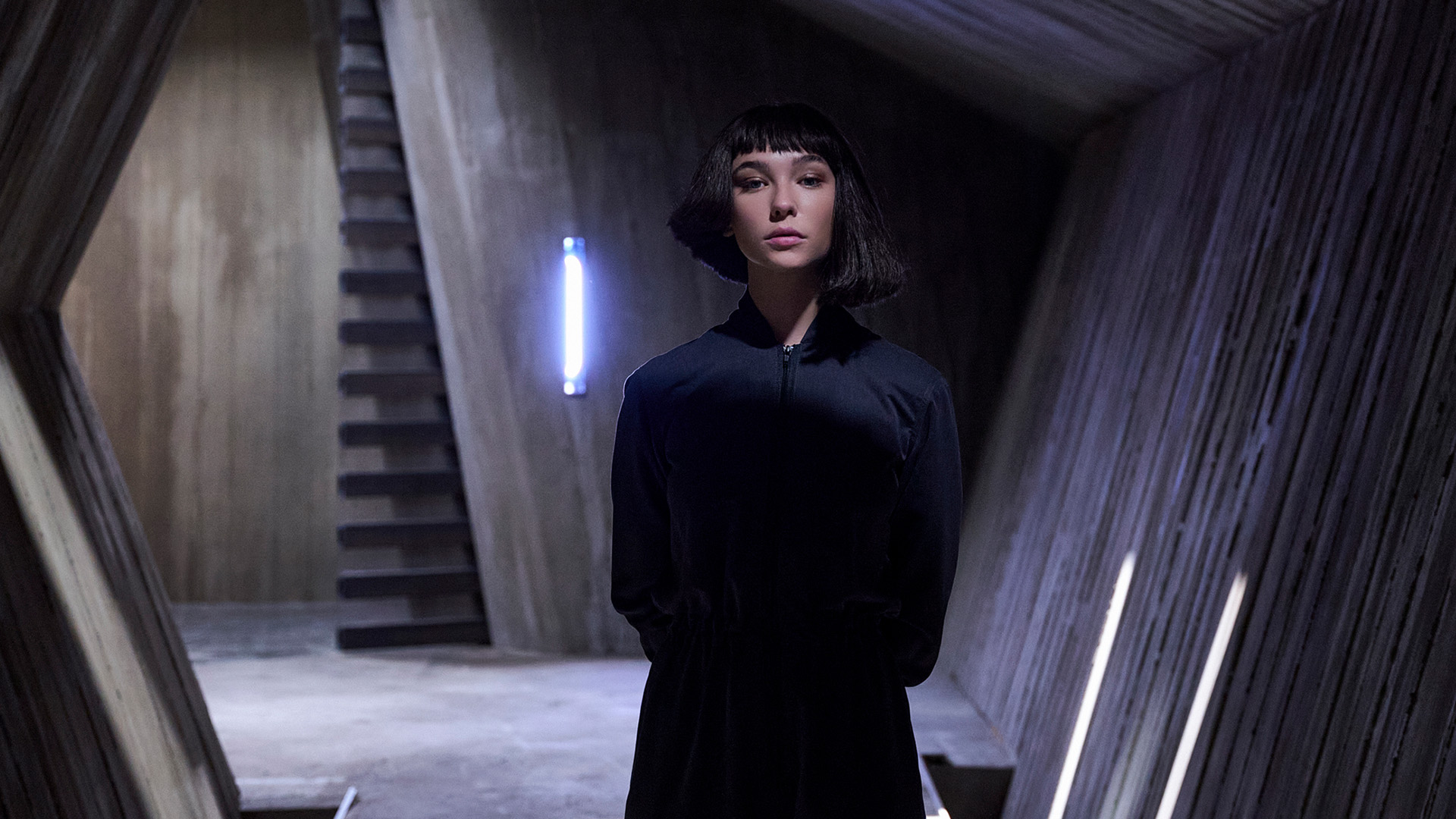
As fans of the original series know, Citadel’s been dealt a blow, leaving her out in the cold and cut off from her usual support network. And so, we follow Diana as she manoeuvres to extricate herself, which is complicated by a power struggle between the Italian branch, led by the Machiavellian Ettore Zani (Maurizio Lombardi, seen recently in Netflix’s Ripley) and his ambitious son, Edo (Lorenzo Cervasio), and the other families who control various European states on behalf of Manticore. How appropriate for its Italian setting that the series portrays Manticore as antagonistic sometimes-allies not a million miles away from The Godfather’s Five Families.
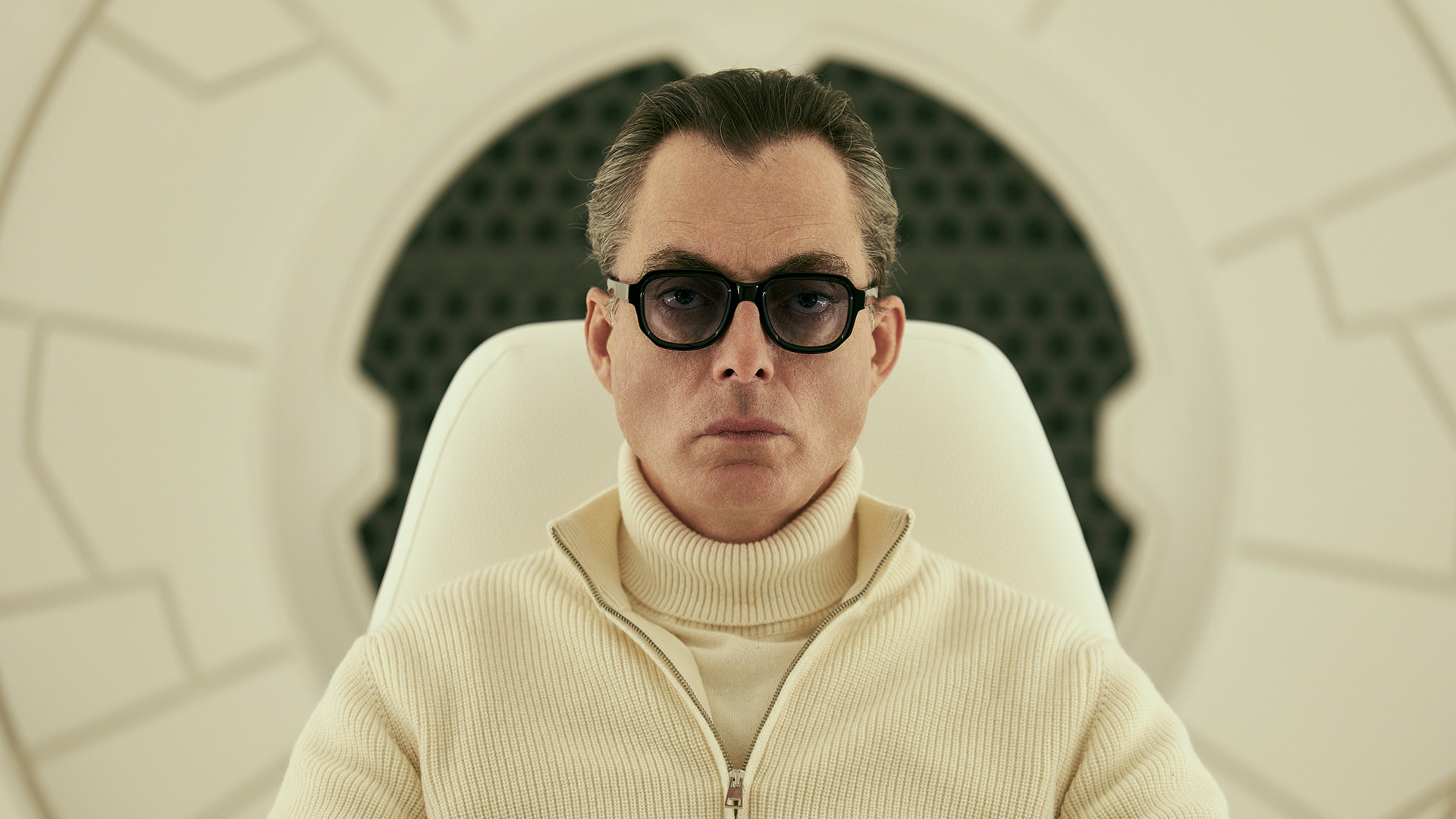
A few things are immediately apparent from the jump. The first is that Citadel: Diana forefronts its science fiction elements. While Citadel had its share of high-tech gadgets and whatnot, primarily the brain-scrambling technology that’s central to the plot, Diana drops us directly into the Milan of 2030, in an Italy wracked by social upheaval.
It’s a 20-minutes-into-the-future scenario, close enough to our own moment, but with a scattering of novel gizmos to remind us that we’re peering into the day after tomorrow—an optical carjacking here, a gunshot wound sutured by lasers there. And, of course, there’s the mandatory McGuffin, a mysterious little hunk of machinery that, from the audience’s point of view, could be anything, but which the characters know could tip the balance of power in favour of whoever’s left holding it when the bodies finish dropping.
It’s a neat conceit. Spy fiction has had one foot in the future since the gadget-happy early days of James Bond and the Man From U.N.C.L.E, but tends to handwave the wizardry as bleeding edge top secret tech. By contrast, Citadel: Diana posits a near future that’s not a million miles away from the one depicted in Kathryn Bigelow’s Strange Days, in intent if not aesthetic.
Indeed, when it comes to aesthetic, series director Arnaldo Catinari (Suburra: Blood on Rome) seems to be drawing on the sleek cinema du look-inflected thrillers of Luc Besson and his proteges. There’s a clear echo of Besson’s 1990 breakthrough hit Nikita in the relationship between De Angelis’ Diana and her mentor/handler, Gabriele (Filippo Nigro, another veteran of Suburra: Blood on Rome), seen in flashback sequences where we track her recruitment and training following the death of her parents in a mysterious air disaster (and you just know that background fact will pay off before the credits roll on the sixth and final episode).
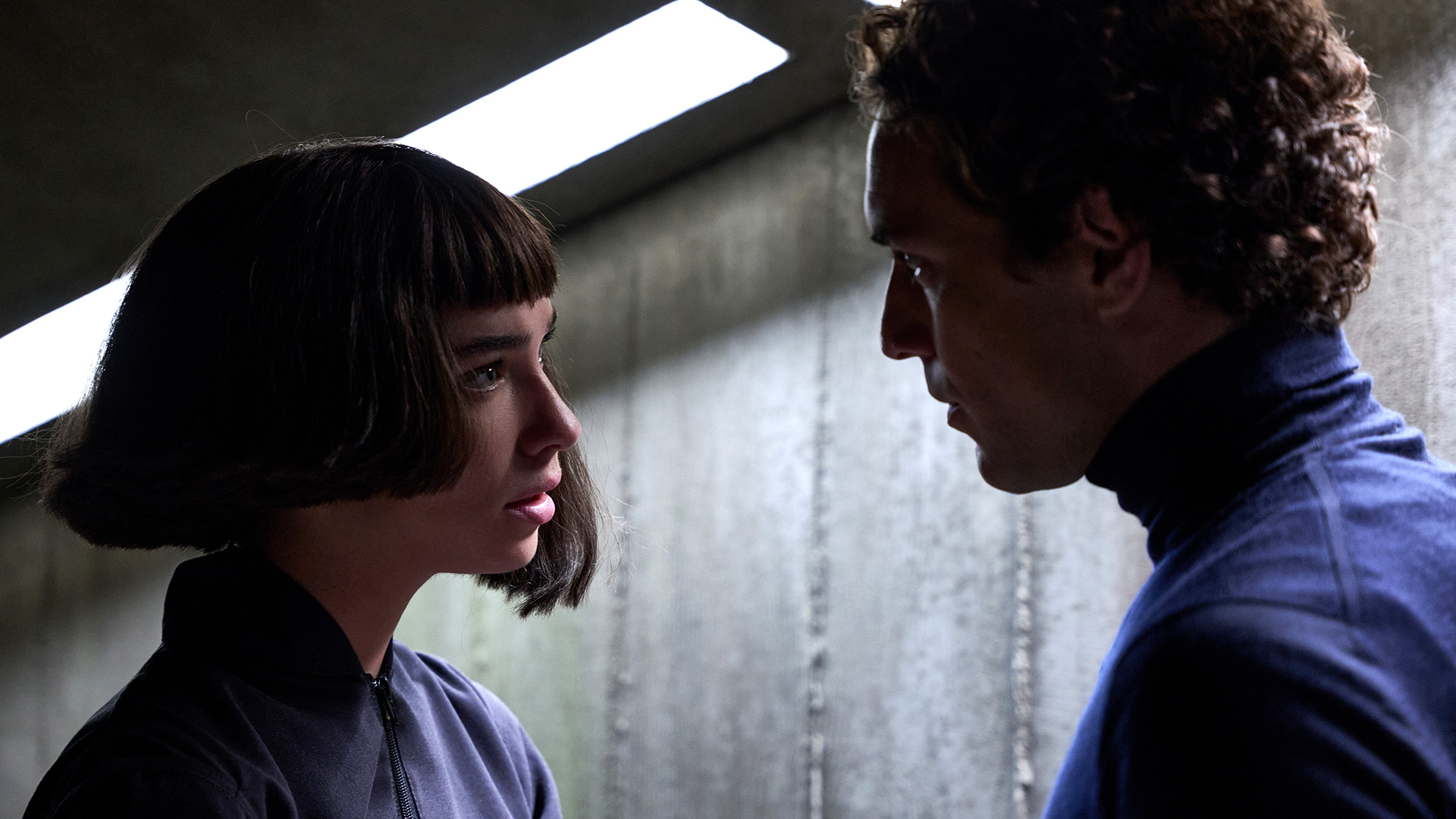
Whether or not it’s a coincidence that the character shares a name, allowing for translation, with Gabriel Byrne (who played the mentor figure in The Assassin, the 1993 American remake of Nikita) is left as an exercise for the viewer. Nevertheless, with its sharp fashions, glamourous locations, and ruthless assassinations, Citadel: Diana would be right at home in EuropaCorp’s stable of Euro-thrillers.
It all adds up to a series that might share a broad setting with its progenitor but is definitely and defiantly its own beast. Stylish, stripped down, and possessed of a coolly amoral heart, Citadel: Diana takes full advantage of its continental setting to give us an entirely different flavour of spy thriller.






